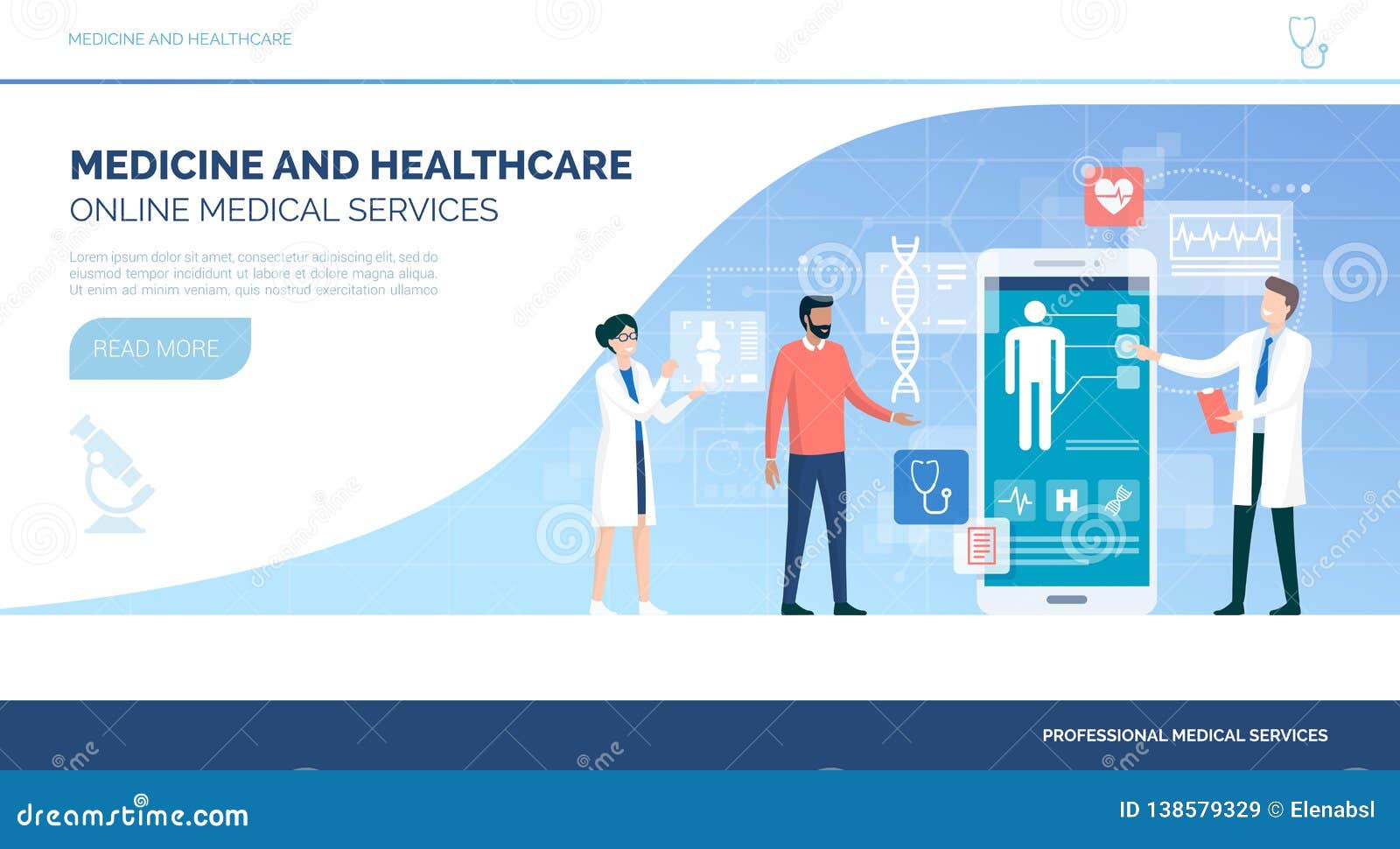Opening the Keys of Subscription Based Healthcare for Better Patient Outcomes
Opening the Keys of Subscription Based Healthcare for Better Patient Outcomes
Blog Article
The Rise of Subscription-Based Healthcare and Its Effect On Patient Treatment
As health care advances, the subscription-based version is obtaining grip, promising to transform individual care by offering predictability and ease of access. These designs, which bypass standard insurance policy, could redefine the patient-doctor dynamic, emphasizing tailored and precautionary care. Yet, similar to any type of technology, they present obstacles, especially worrying equitable access for all socioeconomic teams. The capacity for these versions to improve medical care distribution elevates pressing inquiries regarding their long-term sustainability and inclusivity. Are these registration services the future of healthcare, or do they take the chance of leaving vulnerable populations behind? The intricacies of this change warrant a closer assessment.
Recognizing Subscription Medical Care Versions
Realizing the concept of membership healthcare designs includes checking out a transformative technique to medical services that stresses affordability and accessibility. These designs, often referred to as direct medical care (DPC) or concierge medicine, have actually become cutting-edge alternatives to standard fee-for-service health care systems. Registration health care permits patients to pay a fixed month-to-month or annual fee for a specified set of medical solutions, which might consist of unlimited workplace visits, routine check-ups, and basic laboratory tests, without the requirement for typical insurance coverage payment.
The framework of membership medical care designs is made to enhance client care by removing third-party payers and complex billing codes, thereby lowering administrative worries. Healthcare providers can concentrate extra on person treatment, promoting more powerful patient-provider relationships. This model additionally promotes preventative care by urging regular sees, as the monetary obstacle of per-visit fees is removed.
The subscription design usually encourages doctor to handle smaller sized patient panels, enabling even more tailored treatment. It straightens economic rewards with client health and wellness results, as companies are motivated to preserve person contentment and wellness. Overall, comprehending subscription medical care designs calls for acknowledging their possible to improve how care is delivered and accessed.
Advantages for Suppliers and people

For service providers, subscription-based versions offer the opportunity to deepen patient-provider connections. With a constant revenue stream, health care professionals can commit more time to every individual, leading to a much more individualized and complete care experience. This model also reduces reliance over individual quantities, easing burnout and boosting work satisfaction. Moreover, the focus on preventive treatment within membership plans can cause much better patient end results and lowered long-term medical care costs. By focusing on constant treatment, suppliers can attend to problems before they rise, eventually profiting the healthcare system all at once by lowering the worry on emergency and intense care solutions.
Obstacles and Worries
While subscription-based medical care models present various benefits, they additionally come with a collection of difficulties and problems that must be resolved. This raises honest questions about equitable accessibility to healthcare solutions.
Financial sustainability of subscription-based versions is another issue. Suppliers need to stabilize the fixed income from registrations with the variable costs of health care services, which may vary as a result of unforeseen medical requirements. This can create pressure to restrict solutions or increase fees, possibly influencing individual complete satisfaction and care quality.
Furthermore, governing oversight of subscription-based health care models is still progressing. The lack of standard structures can cause irregular solution top quality and liability, making complex initiatives to make sure person protection. The assimilation of technology-- typically a keystone of these versions-- increases inquiries about data personal privacy and safety and security, best site as sensitive individual info can be prone to breaches. Addressing these difficulties is important for the fair and effective application of subscription-based medical care.
Influence On Patient-Doctor Relationships
One substantial effect of subscription-based healthcare models on patient-doctor relationships is the possibility for boosted connection go to website and individualized care. By embracing a registration model, doctors can manage a smaller sized client panel, permitting even more devoted time with each individual. This raised accessibility cultivates a deeper understanding of a person's case history, way of life, and choices, allowing a lot more customized therapy strategies and treatments.

Nonetheless, it is very important to acknowledge that while subscription-based designs may profit those who can afford them, they could inadvertently expand medical care variations. Patients that are incapable to take part in these versions could experience lower access to customized treatment, possibly affecting their connections with health care companies. Therefore, while the subscription version supplies appealing benefits for patient-doctor connections, it also presents challenges that require to be addressed to make certain equitable health care gain access to.
Future of Healthcare Gain Access To

The role of innovation can not be neglected in this change. Telemedicine platforms and electronic health and wellness documents assist in smooth interaction in between people and doctor, breaking down logistical and geographical obstacles. Additionally, improvements in fabricated knowledge and information analytics can further individualize treatment by anticipating person demands and enhancing treatment plans.
Nevertheless, the future of health care gain access to additionally offers obstacles, such as making sure equity across various socio-economic teams. Policymakers and doctor need to team up to link the digital divide, ensuring that subscription-based designs stay inclusive and cost effective. As these systems grow, they hold the pledge of making health care more easily accessible, effective, and patient-centric.
Final Thought
Subscription-based healthcare models are reshaping person treatment by supplying a secure cost framework and enhancing accessibility. These designs reinforce patient-provider connections via customized treatment and normal check outs, highlighting preventative health and wellness. Regardless of these advantages, obstacles such as availability concerns for low-income populations and the need for equitable healthcare services linger. The increase of subscription-based healthcare encourages positive client interaction, which has the possible to boost patient results and fulfillment, signifying a transformative shift in healthcare shipment.
As health care progresses, the subscription-based design is obtaining grip, guaranteeing to change person treatment by using predictability and availability.Subscription-based health care versions supply distinctive benefits for both individuals and companies, boosting the overall health care experience.As healthcare systems advance, the future of health care access often pivots on the combination of ingenious models and technologies.Subscription-based healthcare versions are improving client treatment by supplying a stable price structure and improving availability. The rise of subscription-based medical care urges aggressive client engagement, which has the prospective to enhance person end results and satisfaction, indicating a transformative shift in medical care shipment.
Report this page